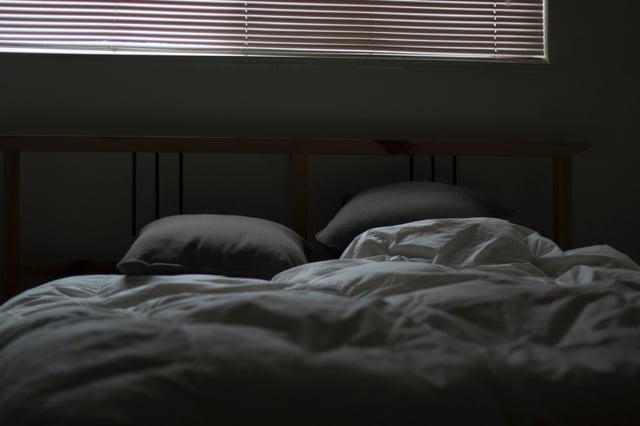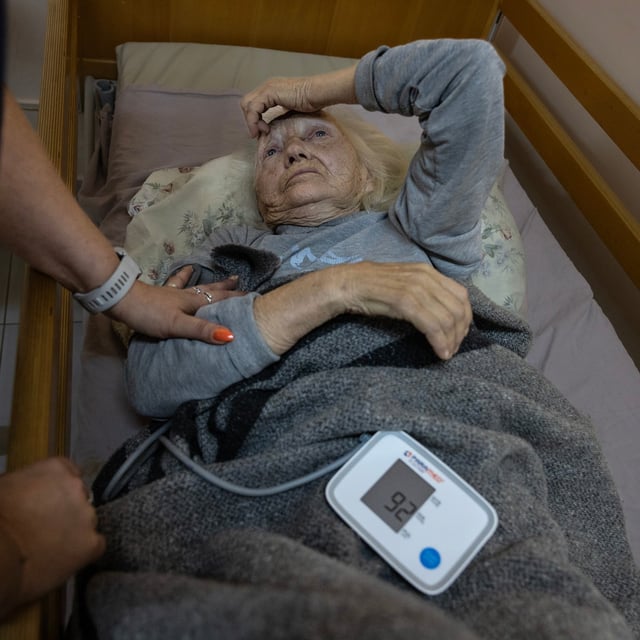Overview
- Researchers from Karolinska Institutet analyzed brain MRIs from 27,500 UK Biobank participants using machine learning to estimate biological brain age.
- Each 1-point decrease on a five-factor sleep health score corresponded to roughly six months of additional brain aging.
- People classified as poor sleepers had brains that appeared on average about one year older than their chronological age.
- Low-grade systemic inflammation explained just over 10% of the relationship between poorer sleep and older-appearing brain age.
- The authors emphasize association rather than causation and note limits from self-reported sleep and cohort selection, urging objective measurements and randomized trials.

